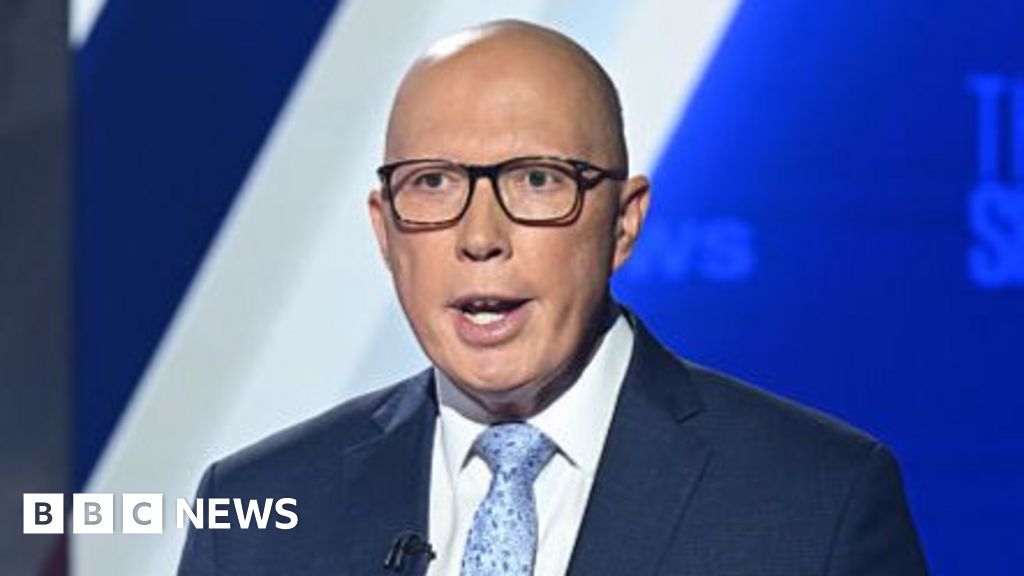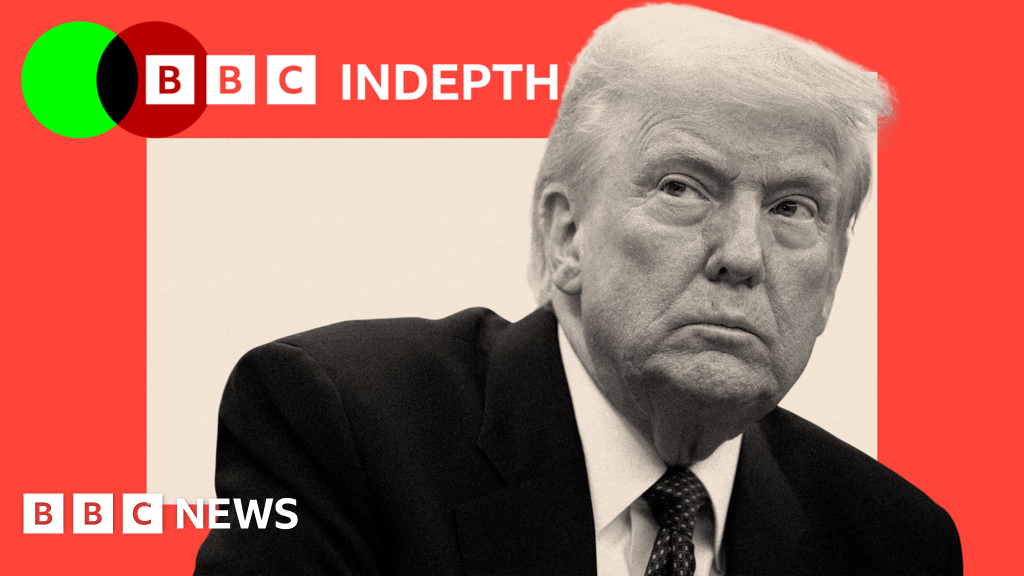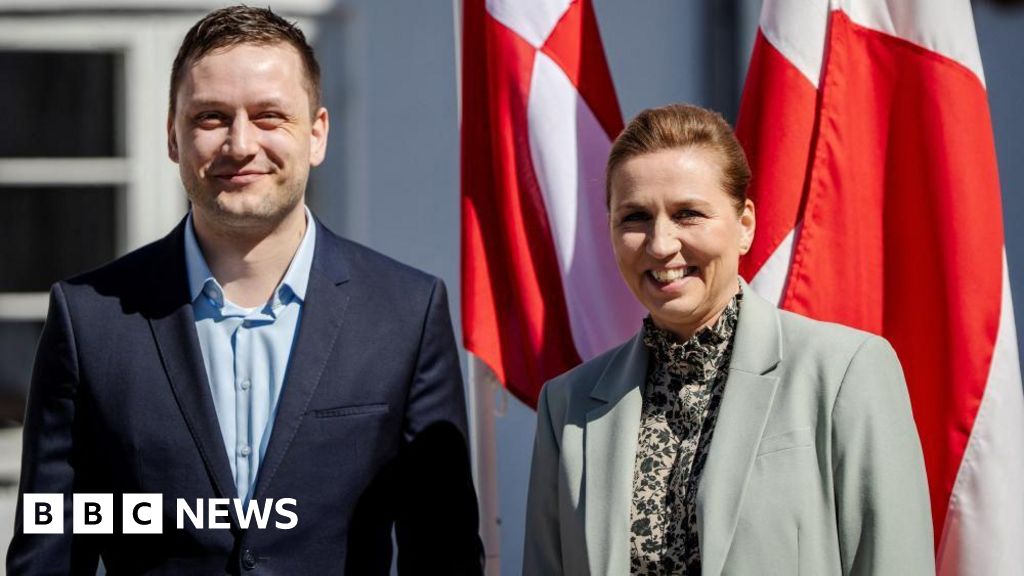Trump Reveals Direct Nuclear Talks with Iran Following Meeting with Netanyahu

In a surprising announcement, President Donald Trump disclosed that the United States is engaging in direct nuclear negotiations with Iran, a development that follows a crucial meeting at the White House with Israeli Prime Minister Benjamin Netanyahu. The two leaders discussed various strategies regarding Iran, including the potential military option to prevent the nation from developing nuclear weapons.
Last month, Trump had hinted at military action after Iran's supreme leader, Ayatollah Ali Khamenei, publicly dismissed the possibility of direct talks with the U.S. This backdrop of escalating tensions has set the stage for a high-stakes diplomatic encounter. On Monday, President Trump confirmed that discussions between Washington and Tehran would occur at a âvery high level,â and he issued a stark warning: âIt would be a very bad day for Iranâ if no agreement was reached.
In a statement made in the Oval Office, Trump shared, âWe have a very big meeting on Saturday [with Iran], and we're dealing with them directly... And maybe a deal is going to be made; that would be great.â This optimistic outlook was coupled with a serious tone as he elaborated that Iran would face âgreat dangerâ if the negotiations did not yield fruitful results. âIran cannot have a nuclear weapon, and if the talks aren't successful, I actually think it'll be a very bad day for Iran,â he emphasized.
Despite Trump's assertions, the president did not divulge specific details about the talks, including their current status or the officials involved in the discussions. Meanwhile, Iran has remained relatively silent since Trump's declaration of direct communication, a noteworthy situation given that the two countries have not maintained formal diplomatic relations since 1980.
On Sunday, Iranian Foreign Minister Abbas Araqchi clarified Iran's stance, indicating that while the nation is in favor of diplomacy and negotiations with Washington, they prefer to proceed through indirect channels. Araqchi stressed, âOf course, it must be acknowledged that no round of negotiations has taken place so far.â This statement highlights the complexities involved in the ongoing dialogue.
Back in March, President Trump had made an overture to Iran's leadership by sending a letter through an intermediary from the United Arab Emirates, expressing his willingness to negotiate. However, this offer was swiftly rejected by Iran, although their leadership hinted at a readiness to discuss potential deals through third-party mediation.
The objective of curbing Iran's nuclear ambitions has long been a crucial aspect of U.S. foreign policy, as well as a priority for its allies. In 2015, the Obama administration brokered an agreement with Iran that required the country to limit its nuclear activities and permit international inspections to ensure that its facilities were dedicated solely to civilian use, rather than weapons development. In exchange for these concessions, Iran was promised relief from the economic sanctions that had severely impacted its economy.
This landmark agreement, co-signed by global powers including China, France, Germany, Russia, and the United Kingdom, was unilaterally abandoned by Trump in 2018, a decision that he had criticized vehemently during his initial presidential campaign. Following the withdrawal, Iran began to gradually breach the terms of the agreement, leading to heightened scrutiny from the International Atomic Energy Agency, which has reported that Tehran has amassed significant stockpiles of enriched uranium, a material that can be utilized in the creation of nuclear weapons.
In recent months, President Trump has repeatedly suggested the possibility of negotiating a new agreement with Iran while simultaneously threatening military action if a diplomatic solution cannot be achieved. This precarious scenario is particularly alarming for Israel, which views the prevention of a nuclear-armed Iran as vital to its long-term national security. Reports have circulated that Israel has considered striking Iranian production facilities in an effort to thwart any nuclear ambitions.
Last year, Israel confirmed that it had targeted an Iranian nuclear site in retaliation for a missile attack initiated by Iran against Israeli targets. During the recent meeting at the White House, Prime Minister Netanyahu reiterated the shared goal of both the U.S. and Israel that Iran must never acquire nuclear weapons. âIf it can be done diplomatically in a full way, the way it was done in Libya, I think that would be a good thing,â he stated, urging for a peaceful resolution to the ongoing crisis.

















